Having won a majority in the House, the Democrats can protect New START and, with it, nuclear stability with Russia. To do so, writes Steven Pifer, they should steal a page from a Republican senator’s playbook. This piece originally appeared in The Hill.
Donald Trump has stated his intention to ditch the Intermediate-range Nuclear Forces (INF) Treaty. He and National Security Advisor John Bolton also appear unhappy with the New Strategic Arms Reductions Treaty (New START).
Withdrawal from New START would leave Russian strategic forces wholly unconstrained and end the flow of valuable information from the treaty’s verification and on-site inspection provisions.
Having won a majority in the House, the Democrats can protect New START and, with it, nuclear stability with Russia. To do so, they should steal a page from the playbook of Sen. Jon Kyl (R-Ariz.).
President Barack Obama and Russian President Dmitry Medvedev signed New START in April 2010. It limits the United States and Russia each to no more than 1,550 deployed strategic warheads and 700 deployed strategic delivery vehicles. The treaty runs until February 2021 but can be extended by up to five years.
The Obama administration submitted the treaty to the Senate in May 2010, seeking consent to ratification. Sen. Kyl emerged as the leading Republican voice.
Securing a two-thirds majority for ratification required at least 19 Republicans. That gave Kyl leverage. He demanded and received from the president political commitments to modernize all three legs of the strategic triad as well as the infrastructure that maintains nuclear warheads. The costs will total hundreds of billions of dollars.
Seventy-one senators voted for ratification, and the treaty entered into force in February 2011. Kyl ended up voting against, but Obama’s commitments stood.
House Democrats should learn from Kyl’s use of linkage. They should now insist that the Trump administration extend New START and make that the price for their support for funding key elements of the Pentagon’s strategic modernization program.
The Democrats should support the Columbia-class ballistic missile submarine. The sea-based leg of the U.S. triad is the most important. They should state, however, that they will not approve funds for a new intercontinental ballistic missile or the B-21 bomber unless President Trump takes up Russian President Vladimir Putin’s offer to extend New START.
This would get the attention of the White House and Pentagon—and almost certainly deliver an extension.
Some may scream that Democrats are playing games with national security. But arms control contributes to U.S. security just as modern weapons do, and at less cost and risk. This linkage would be little different from Kyl’s gambit.
As the U.S. military leadership has made clear, New START enhances America’s security by constraining Russian strategic forces and yielding voluminous information about those forces. Kyl was prepared to forgo that.
Democrats should not, however, sign a blank check, especially as the costs for the U.S. nuclear deterrent skyrocket. They should withhold support for a new nuclear-armed, air-launched cruise missile (ALCM) and ask the Pentagon to justify it compared to other priorities.
The Air Force developed ALCMs in the 1970s because it feared the B-52 could no longer penetrate air defenses. The B-21, however, will incorporate stealth and electronic warfare capabilities in order to operate in contested air defense environments. At the least, the new nuclear-armed ALCM should be delayed until the B-21’s stealth is in danger of compromise.
Could House Democrats draw a similar linkage to preserve the INF Treaty? That would be much more complicated. While Russia is in compliance with New START, it has deployed a ground-launched, intermediate-range cruise missile prohibited by the INF Treaty.
The U.S. military currently has no counterpart. The Pentagon announced last year that it would begin research and development on such a missile, but that would take time to field. Moreover, it is unclear whether the North Atlantic Treaty Organization (NATO) or any Asian ally would agree to host a new U.S. intermediate-range missile.
So there appears little for House Democrats to hold hostage. They should in any case seek to stop funding for the proposed nuclear-armed, sea-launched cruise missile and low-yield warhead for the Trident submarine-launched ballistic missile, which lack real justification given other U.S. nuclear modernization programs.
The House Democrats’ focus should center on preserving New START. Extension would mean an additional five years of caps on Russian strategic forces that could strike the United States and a continued flow of treaty-provided information about those forces.
It would not have a negative impact on U.S. plans, as the Pentagon has designed its modernization programs to fit within New START’s limits.
Extension should be a straightforward call, but Bolton, who disdains arms control, and Trump, who has a weak grasp of strategic nuclear issues, may not see things that way. When they assume the majority in January, House Democrats should reverse Kyl’s linkage and help the president do the right thing for America’s security.

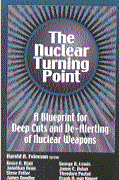
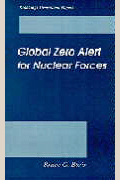
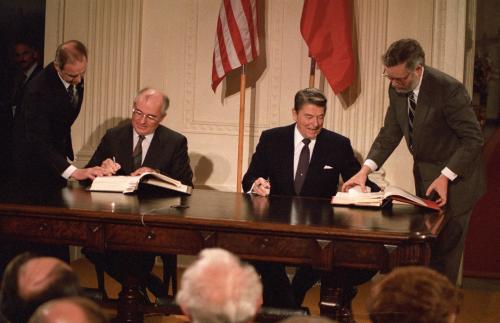
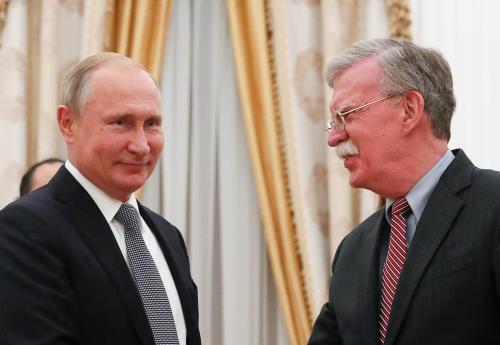

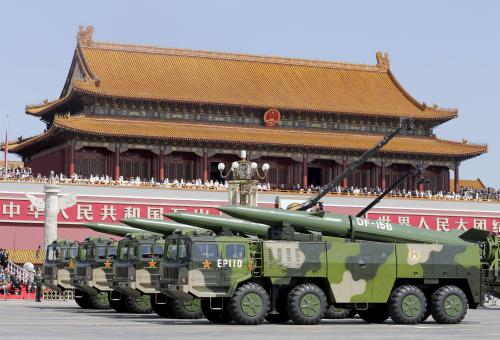


Commentary
To save arms control, House Dems should act like a GOP senator
November 15, 2018